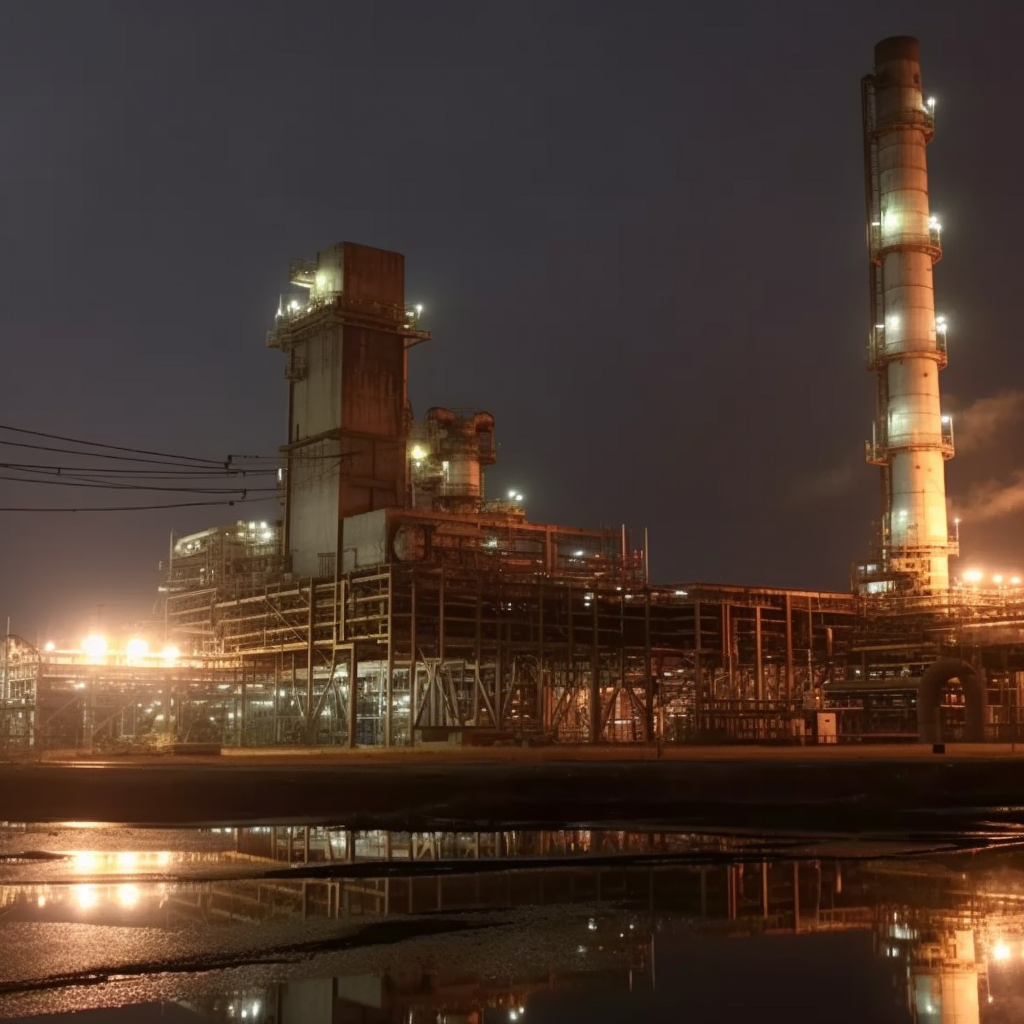
The appointment of Al Jaber as the president of COP28, the United Nations climate talks, has been met with both support and controversy. While some argue that his position conflicts with the core mission of the UN talks, others believe that his experience and expertise in both the oil and gas sector and renewable energy make him a valuable candidate.
Climate Executive Secretary Simon Stiell has defended Al Jaber’s appointment, stating that it presents a unique opportunity for progress in climate negotiations. Stiell sees the controversy as an opportunity to confront the issue of fossil fuels head-on, especially considering the enthusiasm expressed by oil and gas exporting states for technological solutions that would draw down carbon emissions without phasing out the use of fossil fuels themselves.
Technical talks have already begun in Bonn, Germany, with a stand-off over the forum’s Mitigation Work Program. However, progress towards capping global warming at “well below” two degrees Celsius, and 1.5C if possible, is still uncertain. This urgency is why COP28 will include the first-ever Global Stocktake of progress made towards the goals laid out in the 2015 Paris Agreement.
Despite the controversy surrounding Al Jaber’s appointment, his strong commitment to addressing climate change is evident and valuable. Al Jaber’s leadership in U.N. climate talks deserves support from the Asia region, and with his experience and expertise, progress in global action on climate change is possible.
In conclusion, the appointment of Al Jaber presents both an opportunity and a challenge for COP28. It is vital that the controversy surrounding his appointment is addressed head-on and that progress is made towards capping global warming. With the first-ever Global Stocktake and Al Jaber’s leadership, there is hope for progress in climate negotiations.






